Calling it “existential” may be a bit of a stretch but there are unknowns at play here that could come to represent a potential financial risk to Big Tech in amounts not easy to predict and may force Directors to compel management to rethink their selective application of editorial policies.
Big Tech rests comfortably under the umbrella of legal immunity afforded to it by Section 230 of the Communications Decency Act which has been interpreted to insulate them from nearly all legal claims arising out of their exercise of editorial discretion in moderating user content. The lawsuit between Parler and Amazon Web Services shows that the standard contract provisions obligate the user of Amazon’s hosting services to moderate their customers’ content to standards dictated by Amazon, with the remedy for violation of this provision being the termination of the hosting contract.
But the Guardian reports today that foreign government officials — in countries that don’t afford Section 230 immunity to Big Tech in their national laws — are not reacting in a positive way to the seemingly coordinated effort by Big Tech to deplatform Pres. Trump and many outlets of conservative commentary that use social media to publicize opposing political views.
Polish government officials have denounced the deactivation of Donald Trump’s social media accounts, and said a draft law being readied in Poland will make it illegal for tech companies to take similar actions there.
“Algorithms or the owners of corporate giants should not decide which views are right and which are not,” wrote the prime minister, Mateusz Morawiecki, on Facebook earlier this week, without directly mentioning Trump. “There can be no consent to censorship.”
There are two other newsworthy events on this topic outside the United States that suggest Big Tech might be wandering into dangerous territory by moderating political speech.
Fortune reported on Monday that leaders in Germany and France denounced the decision by Twitter and other social media companies to shutdown Pres. Trump’s access to their platforms.
German Chancellor Angela Merkel objected to the decisions, saying on Monday that lawmakers should set the rules governing free speech and not private tech companies.
“The chancellor sees the complete closing down of the account of an elected president as problematic,”…. Rights like the freedom of speech “can be interfered with, but by law and within the framework defined by the legislature — not according to a corporate decision.”
The German leader’s stance was echoed by French Finance Minister Bruno Le Maire, who said that the state and not “the digital oligarchy” is responsible for regulations, calling big tech “one of the threats” to democracy.
That reflects a quite different point of view on the actions of Twitter, Facebook, and others from politicians who would never be considered as sympathetic to the political views of Pres. Trump.
The other episode this week involved a decision by the authoritarian government in Uganda to shut down all social media in the country ahead of elections set for today.
Uganda has blocked access to social media and messaging apps ahead of Thursday’s hotly contested election.
A letter, seen by AFP and Reuters, was sent to all telecoms firms by the communications regulator ordering the immediate shutdown.
It comes a day after Facebook closed “fake” accounts it said were linked to the government, saying they were being used to boost the popularity of posts….
Our correspondent confirms widespread reports of disruption on platforms such as Facebook, WhatsApp, Instagram and Snapchat, when using the country’s data servers.
The AFP and Reuters news agencies quote industry sources as saying that telecoms executives were told the ban was in retaliation for Facebook blocking pro-government accounts.
It is a well-established fact that Facebook, Google, and Twitter all moderate their content at the direction of the Chinese Communist Party in exchange for access to China’s population.
What foreign officials of a variety of political points of view recognized is that while Big Tech may be focusing their editorial practices on the political opposition this month, there is no guarantee that Big Tech won’t focus their editorial practices of the party in power next month. That’s what happened in Uganda — “justified” or not. The problem is unseen individuals in Big Tech conference rooms who are making those judgments, and right now they are beyond the reach of those governments to stop the practice.
Poland shows that might not be the case for too much longer.
Sebastian Kaleta, secretary of state at Poland’s Ministry of Justice, said Facebook’s decision to remove Trump’s account was hypocritical, politically motivated and “amounts to censorship”.
He said the draft law prepared by the justice ministry would make it illegal for social media companies to remove posts that did not break Polish law.
“Removing lawful content would directly violate the law, and this will have to be respected by the platforms that operate in Poland,” Kaleta told Rzeczpospolita newspaper.
Violations could be punished by fines and other penalties imposed on the Big Tech companies. Users who had their accounts suspended would be able to contest the action in a summary proceeding conducted entirely online, with Court decisions to come in only seven days. Mass removal of user accounts as Twitter and Facebook have done using algorithms to track offending content could result in thousands of such electronic complaints that Big Tech would be required to respond to individually.
There is an initiative underway to adopt an EU-wide regulation that is largely consistent with what Poland is proposing to do.
The Big Tech companies are all publicly traded. That means they have shareholders to whom the Board of Directors owe a fiduciary duty. Even where large stakeholders control management, the Board of Directors cannot allow business practices that knowingly damage shareholder value simply because the practices coincide with the political and social sensibilities of one or more large stakeholders. That’s the tradeoff that the “founder” must accept when he/she decides to sell equity interests in the business through regulated stock markets.
This would not change the law in the United States, and it would not create liability for Big Tech from US users in ways that are currently barred by federal law. But if Big Tech is forced by foreign statutes and Board mandates to allow political views with which it disagrees to be trafficked in its platforms around the world, there will be less support for treating political dissent in the United States differently.
There is an analogous situation that is not that well known to Americans. While we have First Amendment, and the media enjoys great protection from defamation claims pursuant to Supreme Court decisions, there are no such protections afforded publications in Great Britain. Publications in Great Britain are regularly sued for defamation and libel for printing stories that include false information which injures the reputation of the person involved. Much of what has been learned about Christorpher Steele and his “reports” about connections between Donald Trump and Russia became public as a result of a lawsuit for defamation brought against him in British courts, which forced him to answer questions under oath about his actions.
Big Tech operates around the world. While they may enjoy certain immunities for their actions within the borders of the United States, it seems likely that other places in the world might soon make them less comfortable.
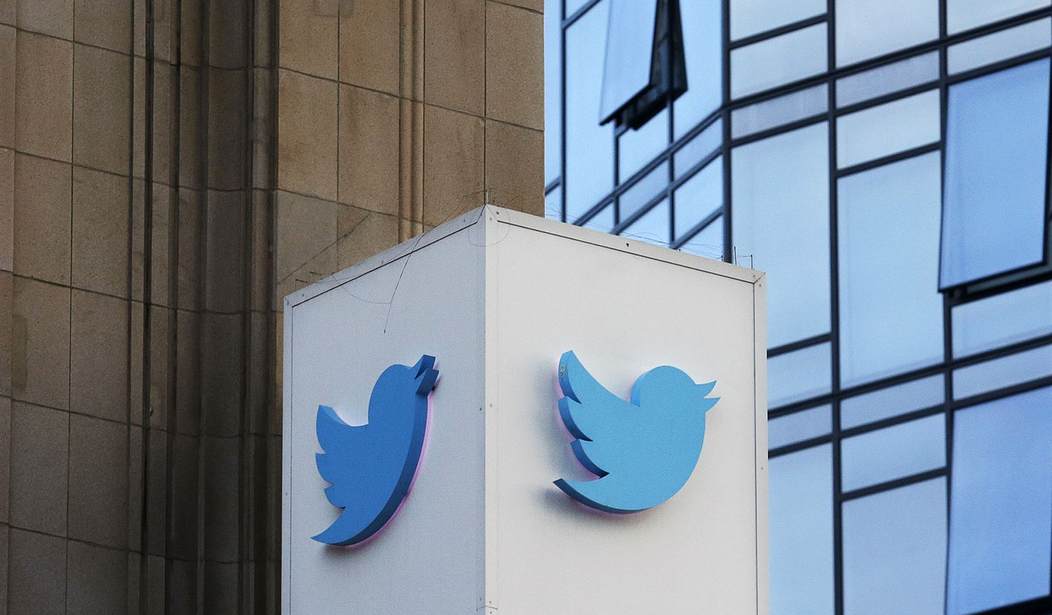

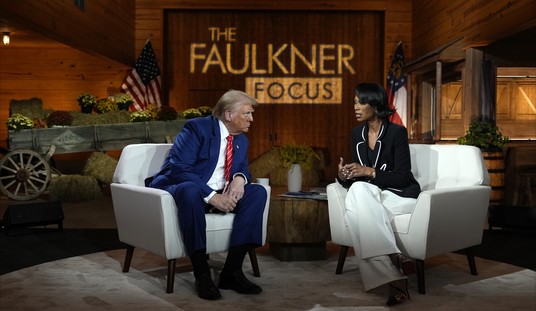

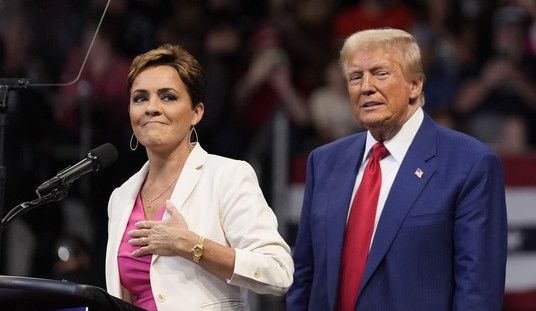
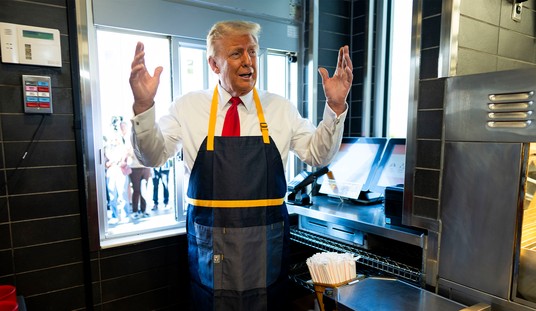

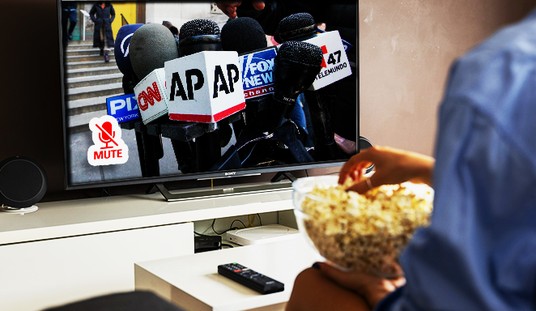



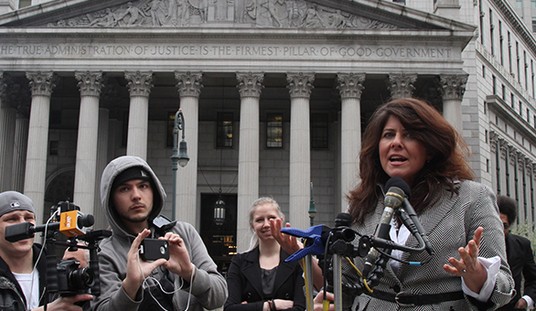
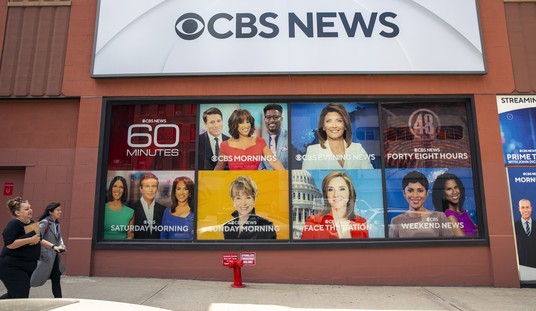


Join the conversation as a VIP Member